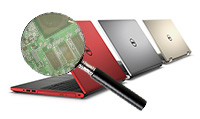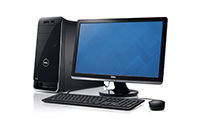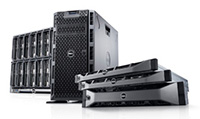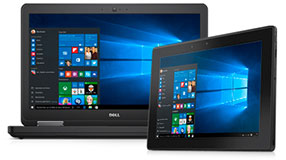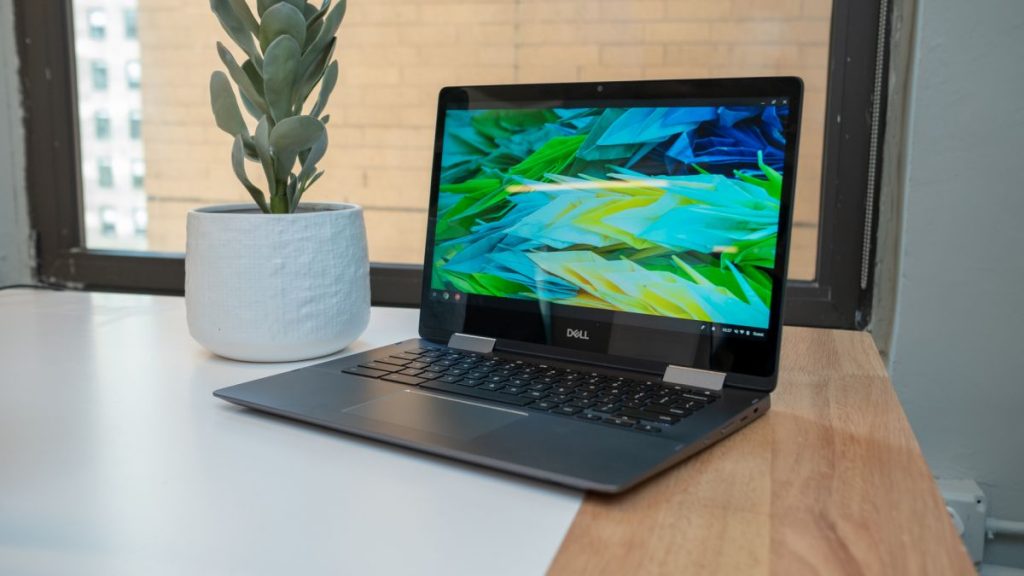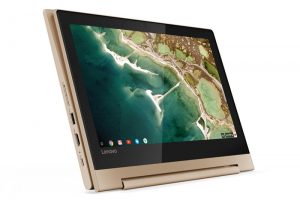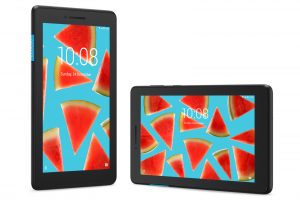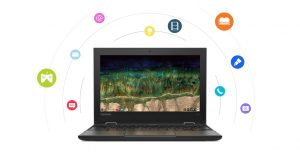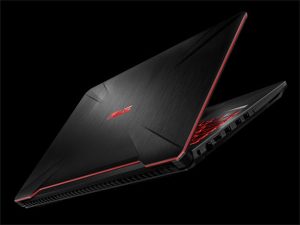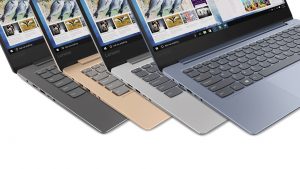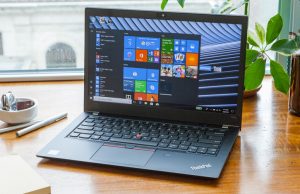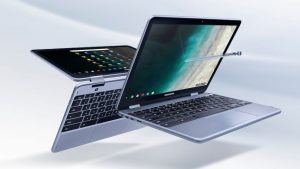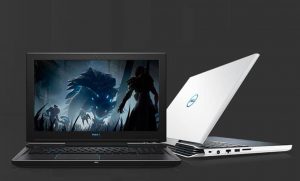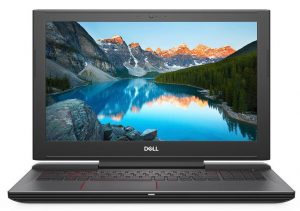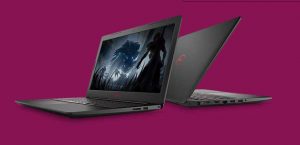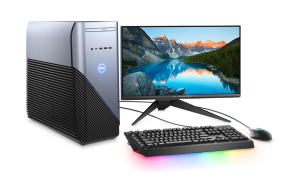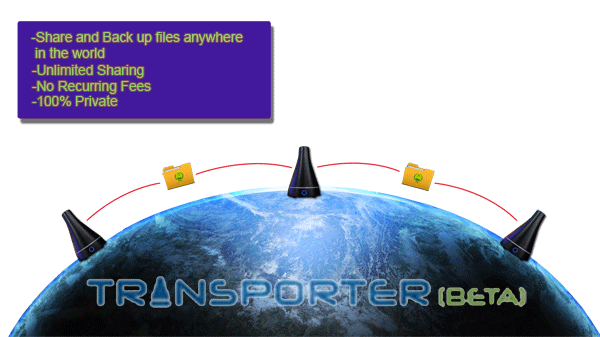

A variety of file sharing and backup cloud services are available to consumers if they are willing to put their private data into the hands of people they don't know, while also paying significant recurring fees for those resources. Dropbox for example, charges about $500 annually for storing 500 GB (gigabytes) of data. After a few years and several thousands of dollars in fees, many end-users will probably wish they had purchased a permanent solution with no recurring fees, and a substantially more controllable level of privacy.
One intriguing crowd-funded solution is the Transporter file-sharing social storage device which recently exceeded its Kickstarter funding goal by a multiple of 2.6 times, and was named winner of the 2013 Art of Storage award at the 2013 Storage Visions Conference.
The transporter is shaped somewhat like a modified miniature nuclear-plant cooling-tower, and is accessed online, but it actually is an off-cloud physical storage device for privately accessing, sharing, synchronizing, storing, backing-up, and protecting the privacy of an owner's valuable files. The beauty of this device is that it places into consumers' hands and simplifies functions that until now have been the domain of advanced technophiles and business IT departments. As the company says, the device really is "easy enough for your parents to use".
File Transporter Basics


Access to a Transporter is accomplished through an online web management interface that can easily be used by anyone with basic computer skills. In addition, a desktop interface can be installed that provides drag-and-drop file sharing.
Transporter file transfers are completely private peer-to-peer, encrypted SSL (Secure Sockets Layer) transactions using mobile or desktop applications. The Transporter company stores only top-level folder and device information online.
Invitations to view or collaborate on a file can be sent via email or through the browser interface. The invitation will provide access to specifically designated files, and those access privileges can be revoked by the sender at any time. The Transporter owner can remove or add access for specific participants, or delete specific folders, while also choosing whether or not specific participants can keep a copy of a file. Invitations to view files can be sent even to persons that do not own a Transporter.
Privacy Concerns
Privacy can be selectively arranged for designated file-folders even among participating owners in a group of Transporters, by using an option to automatically encrypt files that are to remain hidden, private, and accessible only to the owner; even though multiple backups will exist on Transporters in the participating group. That is accomplished by choosing between "backup" folder and "collaborative" folder types. When the folder is created as a "backup", the file is both encrypted and hidden on shared Transporters. There are no restrictions on file types, and the only file size restraint is the size of the hard-drive selected by the owner of the Transporter.
Unlike cloud-based storage, the Transporter is a privately owned device that the purchaser controls, and it stores data only on the owner's local network and local networks of other users specifically authorized by the owner. The owner can choose to use a Transporter as a stand-alone device by not synchronizing or sharing its contents with other Transporters.
Legal & Liability Considerations
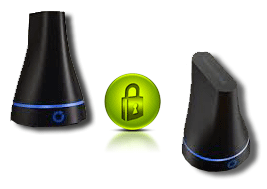

Availability & Pricing
Initially the Transporter is available only in the United States, with plans to implement international shipments in the future.
Pricing is simple, and ranges from US-$200 to $400 depending on the hard-disk drive selected. The $200 version does not come with a drive, and allows buyers to provide their own. The $300 variant comes with a one TB (terabyte) drive, and the $400 version ships with a two TB drive. As of the launch date SSDs (solid-state drives) and hybrid drives are not supported. The Transporter features bandwidth controls, is a SATA II (Serial ATA) device, and is compatible with most recently manufactured 2.5-inch SATA hard drives, typically known as laptop, or mobile drives.
Windows and Mac clients are supported at launch with plans to support iOS currently in development.

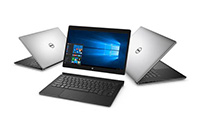 Laptop & Tablet Parts
Laptop & Tablet Parts